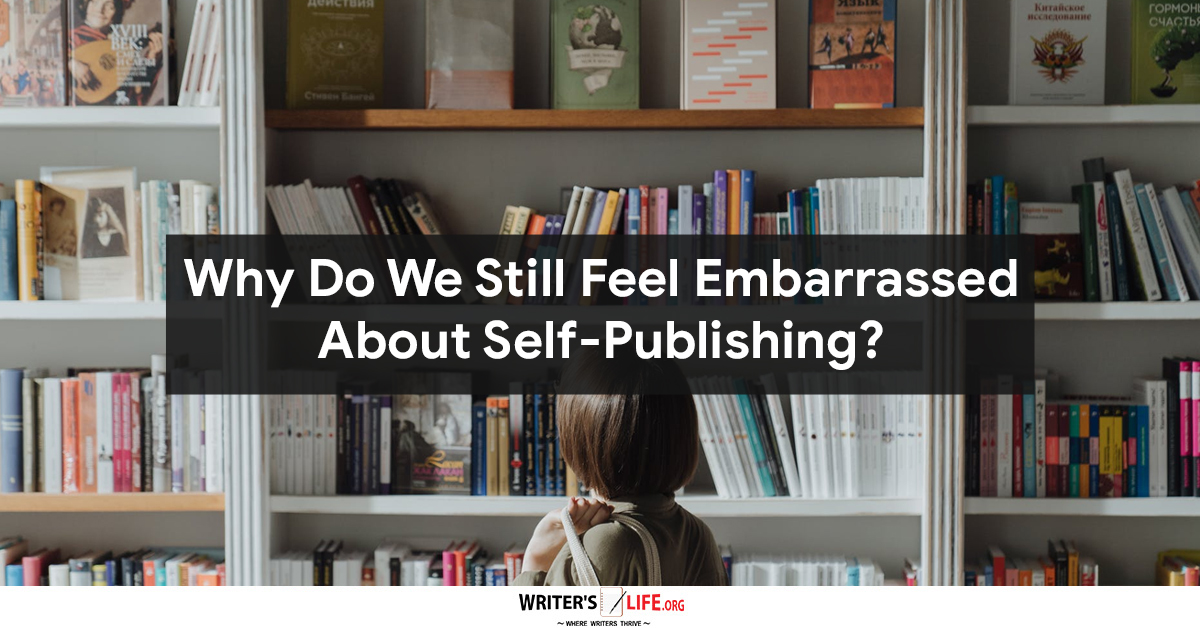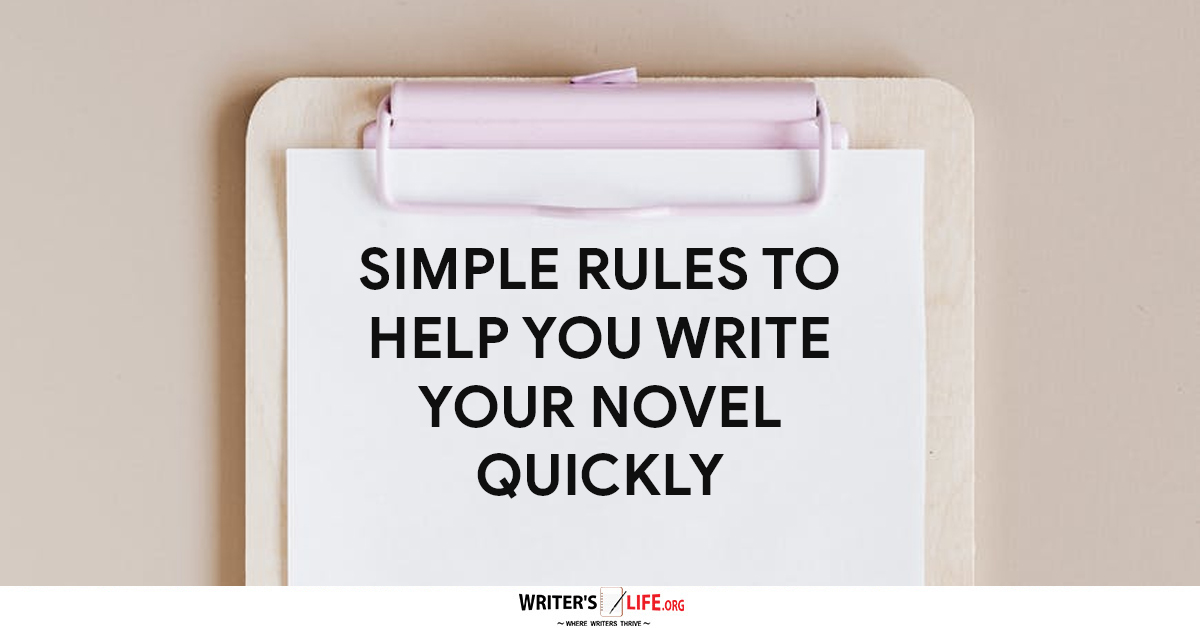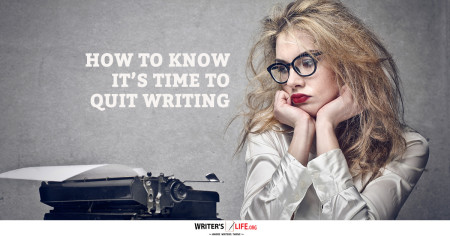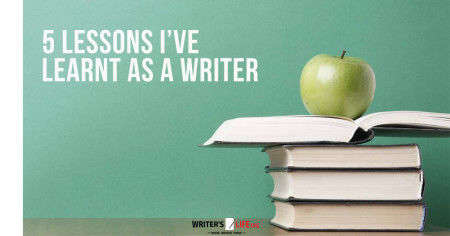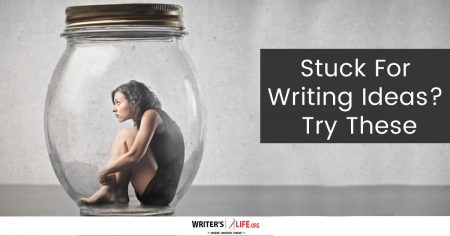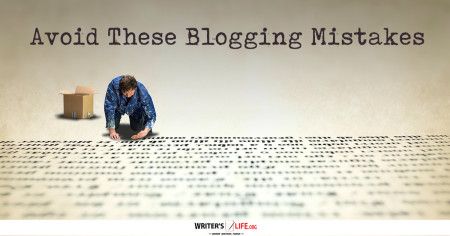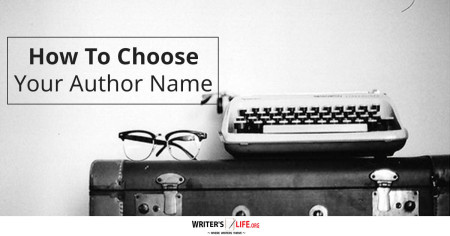- How To Tackle Jealousy In Creative Writing
- Common Submission Mistakes
- How To Stop Your Blog Becoming Boring
- The One Thing Every Successful Writer Has In Common
- How To Make Yourself Aware Of Publishing Scams
- Why Almost ALL Writers Make These Grammar Mistakes At Some Point
- 5 Tips For Authors On How To Deal With Rejection
- Top Mistakes to Avoid When Writing a Novel
- How to Avoid Common New Writer Mistakes
- 10 Mistakes New Fiction Writers Make
Writer’s Advice On Academic Publishing and Pitfalls
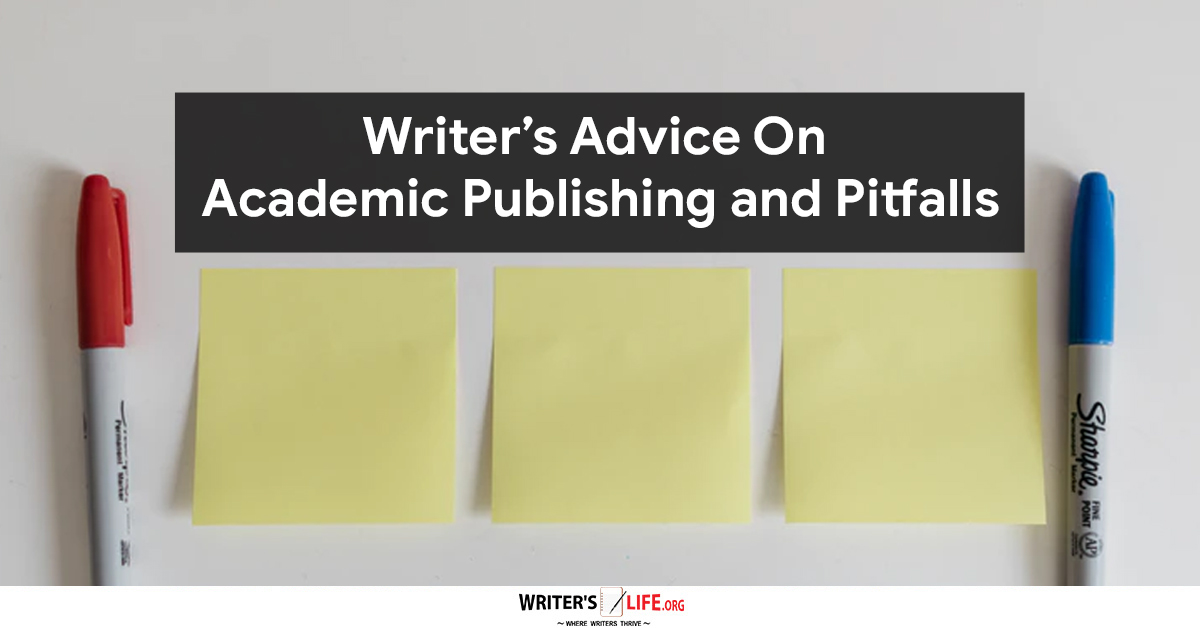
When it comes to publishing advice on academic publishing, who better to look to than those that have been through the process a few times themselves?
Here is what some well-respected authors have to say about publishing your book, as well as some of the common academic publishing pitfalls to be aware of.
Academic publishing - don't make these mistakes!
“If it’s a first book, don’t worry about the money; go for a prestigious university press.. Bear in mind that a successful first book with a good university press generates a lot of secondary income in terms of jobs, tenure, promotion and the like.” - Richard J. Evans
Tim Birkhead
“Don’t be flattered by a publisher’s invitation for a first book. Remember that their aim is to make money, while you are doing this for love – and like anyone in love, you are desperately vulnerable to flattery. I’ve seen the effect of a publisher’s flattery override common sense. Speak to experienced colleagues before agreeing to anything.”
Jos Boys
“In my experience – in the arts and humanities – there are now many types of academic publisher. At one end are those that accept a wide range of proposals, but then do short runs in hardback and will print in paperback only if the book is successful.
Some of these will leave distribution entirely up to you. In the middle are more reputable companies that put greater effort in and print more copies initially but still pass on as many costs as possible. They are also quite risk-averse and show a definite preference for textbooks (because of the likely sales). At the other end are well-known publishers with a strong academic and international reputation. Their editors act as much tougher ‘gatekeepers’. If you are new to academic publishing, simply gaining good experience of the whole process will be seen as less impressive in the research excellence framework than working with one of the more prestigious publishers.”
Martin McQuillan
“In general, the more peer review that your manuscript is subject to, the better it will be. You should immediately be suspicious of a publisher with no peer review process. The better presses all engage in lengthy peer review. Despite what REF panel members are contractually obliged to say, where you publish matters. It matters to your community and also to interview and promotion committees. Everyone must submit themselves to others’ withering gaze at some point. It can be painful at times but it makes for a better book.”
Susan Bassnett
“Do your homework. Look at publishers’ lists to see whether your proposal fits with their priorities. A fundamental mistake made by prospective authors is to look first at the status of the publisher rather than at what they actually publish. Do not pay to publish your work. If you are asked for money at the start, you can be sure that the in-house editing will be rubbish, the copy-editing will be left to you, and the distribution will be non-existent.”
Cary Cooper
“The best editors and publishers are those that trust you and don’t change the ground rules after you have agreed a contract and modus operandi. Some will do anything to get you to do the book/monograph but then constantly interfere, demanding unnecessary minor changes and stopping the flow. Make sure you like and trust the editor as a person, that he or she seems a supportive rather than ‘command and control’ type, and that you clearly define the psychological contract between the two of you before signing anything (modes of working together, mutual expectations and so on).
Unfortunately, there is a high turnover of editors in publishing, and it is likely that you may lose your editor during the gestation period of your book. It is important that you meet face to face, with any replacement to make sure that you have the same expectations and that you can work with them. Sometimes there is only one person at a publisher responsible for editing books in your field, and you will be lumbered with him or her – if this happens, you should let him or her know about any ground rules that you and the previous editor had established.”
Barbara Graziosi
“I experienced in-house copy-editing with my first book, and it was excellent. Indeed, awe-inspiring. Old-school copy-editors at Cambridge University Press and Oxford University Press were important figures in the academy: they genuinely improved books and saved authors from embarrassing errors of fact and travesties of style. Some were first-class scholars in their own right. In Italy, Sebastiano Timpanaro, one of the most important Latinists of the 20th century, worked as a copy-editor rather than as an academic. Since my first book, copy-editing has been outsourced and has completely changed in character. In my experience, it is now a perfunctory affair at best and introduces several errors at worst.”
Richard J. Evans
“The level of control you retain will depend on your contract, so read it carefully. You need to ensure that you have the final say on the jacket illustration. Sometimes designers make crass errors (a colleague writing a book on Prussia sent back the proposed design because the designers had reversed the ‘R’ in the title – ‘Well it’s Russian, innit?’). For a first book, you’ll have to get permissions yourself.
You have no control over format but look carefully at the small print for e-book royalties; in general, there’s always a bit of leeway to increase the royalty rates in the contract. Insist on a bibliography and index. Footnotes at the bottom of the page are a bonus. If you’re writing a commercial book, you won’t be able to stop them from being put at the end. Check the books produced by publishers in your field; average prices charged even by university presses vary widely, so go for the publisher whose prices are lowest (£50 is definitely too high!).”
Richard J. Evans
“Forget about an advance for a first book unless it’s with a commercial publisher such as Penguin, Bloomsbury or Little, Brown. Just think of the secondary income it can generate and benefits to your academic career.”
Tim Birkhead
“There are several high spots in the process: one is sending the manuscript off; another (and better) is getting the proofs; better still is getting the book itself. Having the book physically in your hands, turning the pages and remembering the blood, sweat, and tears that went into it, is a moment of euphoria…and, of course, getting good reviews is great, too.”
Publishing your book can be a stressful time. Use these excellent pieces of advice to guide you, and you’ll feel more confident and assured in your work and the publishing process in general. Good luck!
So now you've learned more about academic publishing, why not read more about understanding publishing terms?
Get A Free Writer's Toolkit By Visiting http://www.writerslife.org/gid



